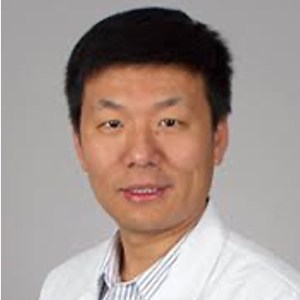Abstract:
DNA methylation is one of the most well-studied epigenetic regulation factors, which involved in almost all DNA metabolism pathways including gene expression, DNA replication, DNA damage repair, chromatin structure et al. Like genetic alterations, DNA methylation aberrancies commonly happen in many types of cancer and could play a driver-role during tumorigenesis. DNA methylation changes may lead to the silencing of tumor suppressor genes (TSGs) by promoter hypermethylation and activation of oncogenes by gene body hypermethylation. DNA Hypomethylating Agents (HMA), such as 5-Aza-CR and 5-Aza-CdR, can reverse the gain-of-methylation, turn on the expression of TSGs, and decrease oncogenes’ expression, which will consequently inhibit tumor cell growth. These two HMAs have been used for the treatment of liquid tumor patients. But the attempts to treat solid tumors using HMAs have failed in clinic trials. We found that SETD2-defficient kidney cancer cells were more sensitive to 5-Aza-CdR. SETD2 is the only known H3K36me3 methyltransferase in mammalian cell and commonly mutated in ccRCC (15%–23%). 5-Aza-CdR induced intronic transposon element (TE) by the enhanced mis-splicing and stimulated viral mimicry. This result suggests that SETD2 is a potential therapeutic target of HMAs. Drug resistance is one of the major reasons for the failure of cancer treatment. In our studies, we revealed the synergetic anti-tumor effects of HMA combined with immunotherapy drug (anti-PD-L1) or PARP1 inhibitor in mouse model. Our results suggest that combination treatments of HMA with other anti-tumor drugs might be an efficient therapeutic strategy.
Audience Take Away Notes:
• SETD2 deficiency is a potential therapeutic target of DNA Hypomethylating Agents (HMA)
• HMA could induce viral mimicry and stimulate immune response
• Combination treatment of different types of anti-tumor drugs might be a solution for the drug resistance




